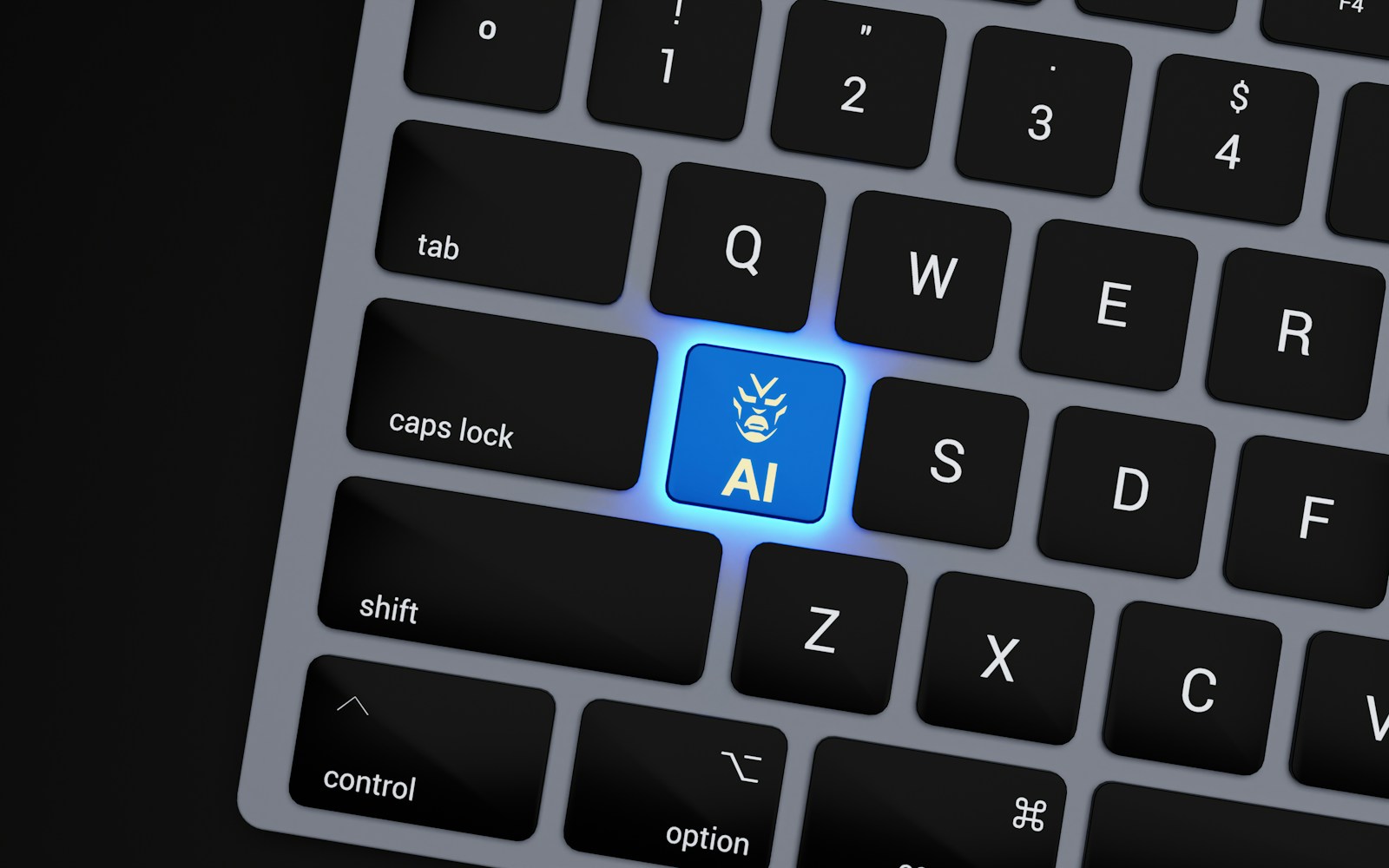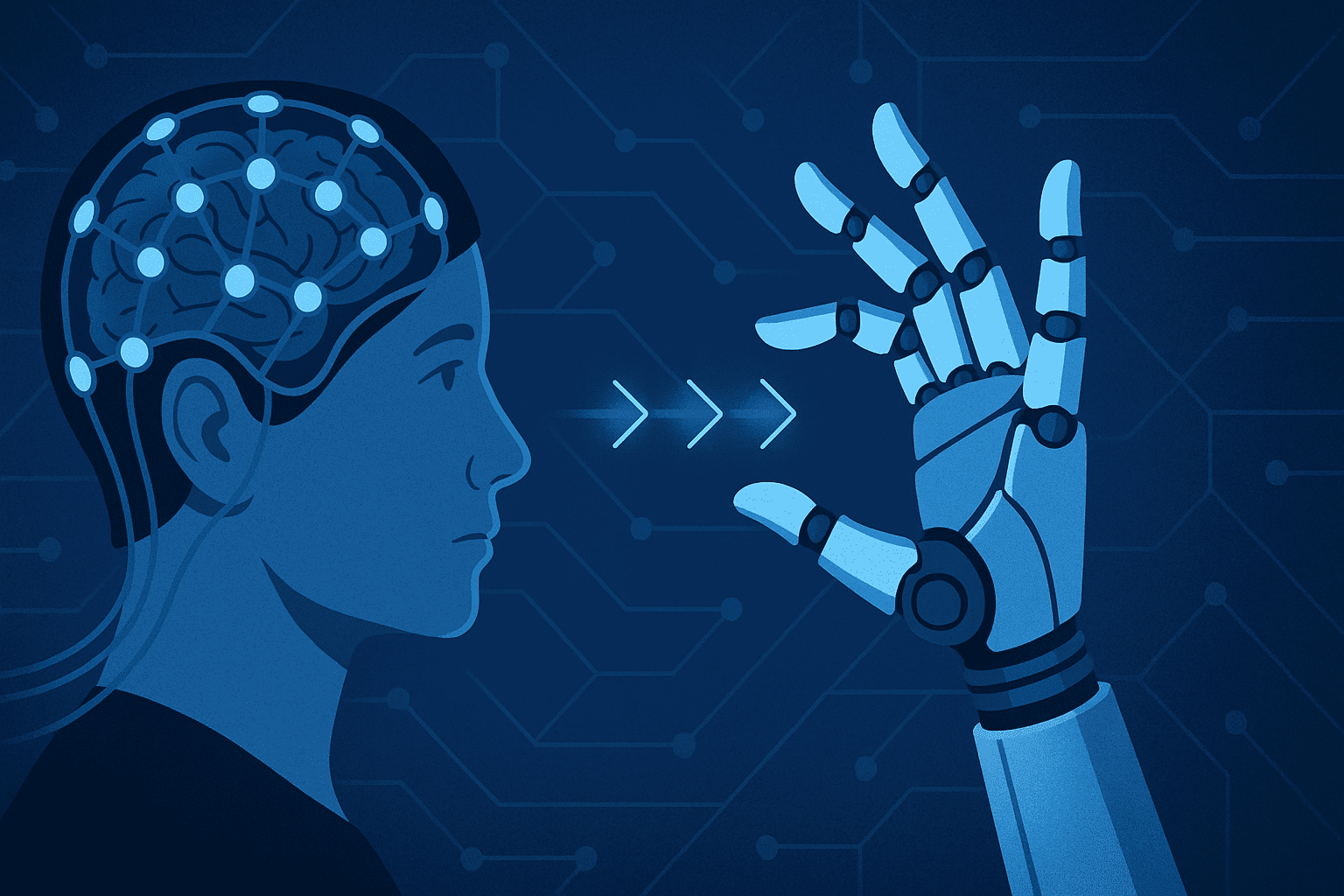Insider Brief
- AI agents, the next evolution in artificial intelligence, are poised to transform industries by automating complex tasks and enhancing decision-making with high efficiency and accuracy.
- These intelligent systems, capable of learning, adapting and making autonomous decisions, are being rapidly adopted across sectors such as healthcare, finance and transportation.
- While promising, the rise of AI agents brings challenges related to ethics, privacy and job displacement, requiring careful consideration and responsible development.
The artificial intelligence (AI) industry has barely caught its breath from large language models and deep learning and, now, AI agents have entered the conversation.
Industry experts suggest that AI agents could be the next wave of powerful tools to transform the way we interact with technology and solve complex problems. These intelligent software entities, designed to perceive their environment, make decisions and take actions to achieve specific goals, are poised to take a more prevalent role in life.
While AI agents technically exist, these systems are somewhat primitive compared to the ones being envisioned by researchers and computer scientists. They say, as long as AI continues to advance, the next wave of AI agents will be smarter, more effective — and more powerful, which can be both a promise and a threat. Understanding the nature, functionality and potential applications of AI agents becomes crucial for both tech enthusiasts and the general public alike.
What Are AI Agents?
Let’s get some background information on what AI agents are exactly.
AI agents, also known as intelligent agents or autonomous agents, are computer systems capable of autonomous action in some environment to meet their design objectives. Unlike traditional software programs that follow predefined instructions, AI agents can learn from their experiences, adapt to new situations, and make decisions based on their perception of the environment. These agents can range from simple programs that perform specific tasks to highly sophisticated systems that can engage in complex problem-solving and decision-making processes. Examples of AI agents include virtual assistants like Siri or Alexa, autonomous vehicles, and even advanced robots used in manufacturing and healthcare.
Large Language Models (LLMs), for example, may serve as the basis for AI agents and handle complex tasks on their own. These advanced models, trained on huge amounts of data, are skilled at generating text that sounds remarkably human. This makes them ideal for powering AI agents that can follow instructions, make decisions and interact with people or systems effectively.
How Do AI Agents Work?
The functionality of AI agents is built upon several key components.
At the core is their ability to perceive the environment through sensors or data inputs. This information is then processed and stored in a knowledge base, which serves as the foundation for decision-making. Using machine learning algorithms and artificial neural networks, agents can — theoretically — reason, learn and make decisions based on their knowledge and goals. Once a decision is made, agents take actions through various output mechanisms, such as generating text, controlling robotic components, or manipulating digital interfaces.
Crucially, AI agents would be designed to continuously monitor the results of their actions and use this feedback to improve their performance over time.
The specific algorithms and architectures used in AI agents can vary widely depending on their intended purpose.
Some common approaches include reinforcement learning, where agents learn by trial and error, receiving rewards or penalties for their actions; deep learning, which uses neural networks with multiple layers to process complex data and recognize patterns; natural language processing, enabling agents to understand and generate human language; and computer vision, allowing agents to interpret and analyze visual information from the world around them.
Why Are AI Agents Important
According to researchers and industry experts, AI agents are important because they offer several key benefits that are driving their adoption across various industries. By automating complex tasks with high efficiency and accuracy, AI agents free up human resources for more creative and strategic work. Their ability to process vast amounts of data and identify patterns that humans might miss enhances decision-making in various fields. AI agents also excel at providing personalized experiences by learning individual preferences and behaviors, which is particularly valuable in areas such as entertainment, shopping, and healthcare.
One of the most significant advantages of AI agents is their 24/7 availability. Unlike human workers, these digital assistants can operate continuously without fatigue, providing round-the-clock service in customer support, monitoring systems, and other critical areas.
AI agents are also highly scalable, allowing for rapid deployment across multiple platforms or devices. This scalability enables businesses to expand their services efficiently and reach a wider audience. In scenarios where human safety is a concern, AI agents can perform tasks in dangerous or hazardous environments, such as exploring disaster zones or handling hazardous materials.
How Will AI Agents Be Used?
Because of the versatility of AI agents, the question might be: where won’t AI agents be used. These helpers are rapidly being adopted across numerous industries and applications. In healthcare, AI agents are being explored for early disease detection, personalized treatment recommendations and drug discovery. They can analyze medical images, predict patient outcomes, and even assist in robotic surgery. The financial sector has embraced AI agents for powering algorithmic trading systems, detecting fraudulent transactions, and providing personalized financial advice to customers.
Customer service has been revolutionized by chatbots and virtual assistants powered by AI agents. These digital helpers handle customer inquiries, provide product recommendations, and even process orders, improving response times and customer satisfaction. In the transportation industry, autonomous vehicles rely heavily on AI agents to navigate roads, avoid obstacles, and make split-second decisions to ensure passenger safety.
Manufacturing has seen significant improvements through the use of AI agents that optimize production processes, predict equipment failures, and control robotic systems in smart factories. This leads to increased efficiency and reduced downtime. In education, intelligent tutoring systems use AI agents to provide personalized learning experiences, adapting to each student’s pace and learning style.
Environmental conservation efforts have also benefited from AI agents. They are employed in monitoring wildlife populations, predicting natural disasters, and optimizing resource management in agriculture and forestry. In our homes, AI-powered assistants control various aspects of home automation, from adjusting thermostats to managing security systems, based on user preferences and habits.
Challenges Lie Ahead
While AI agents offer immense potential, their development and deployment also present several challenges. Technologically, we are near the start of AI agent development — and there is plenty of room left for development and refinement.
Researchers are working on developing more sophisticated agents with improved reasoning capabilities, emotional intelligence, and the ability to collaborate effectively with humans and other AI systems.
But technological development is the least of the worries for many experts, particularly policymakers. Ethical considerations arise as AI agents become more autonomous, raising questions about accountability and the ethical implications of their decisions. Privacy concerns are paramount, given the vast amount of data required to train and operate AI agents. The automation capabilities of these systems may lead to job displacement in certain sectors, necessitating workforce retraining and adaptation.
Ensuring the reliability of AI agents and building user trust is crucial for their widespread adoption. Many advanced AI systems operate as “black boxes,” making it difficult to understand and explain their decision-making processes. This lack of explainability poses challenges in critical applications where transparency is essential.
By addressing these challenges and harnessing the potential of AI agents responsibly, we can create a future where intelligent assistants enhance human capabilities and contribute to solving some of the world’s most pressing problems. As we stand on the brink of this AI-driven era, it’s clear that AI agents represent a transformative technology that is reshaping industries and our interaction with the digital world. Their continued evolution promises to unlock new possibilities for innovation, efficiency, and problem-solving across all aspects of human endeavor.






